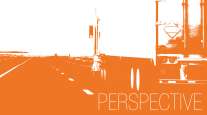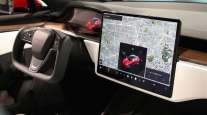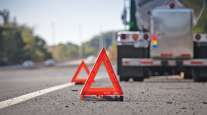California began accepting applications April 2 for permits to deploy self-driving cars on public roads without a human backup driver at the wheel.
Recent fatal crashes by a self-driving Uber car in Arizona and a Tesla car operating in semiautonomous Autopilot mode in California have put a spotlight on safety, and the California Department of Motor Vehicles on April 2 sent out a list of safety requirements that permit applicants must meet.
RELATED: Uber crash sparks talk of tighter rules for self-driving vehicles
Among them:
• Meet federal motor vehicle standards
• Show results from tests that simulate real-world driving
• Come with a two-way communications link
• Be incapable of being operated autonomously outside the territory or driving conditions stated on the application
• Hew to current industry standards to prevent cyberattacks.
Those requirements aren’t new — the DMV issued regulations Feb. 28 — but they provide a quick overview focusing on safety.
The DMV also noted April 2 that under state driverless regulations, it can immediately suspend or revoke permits over practices deemed unsafe.





